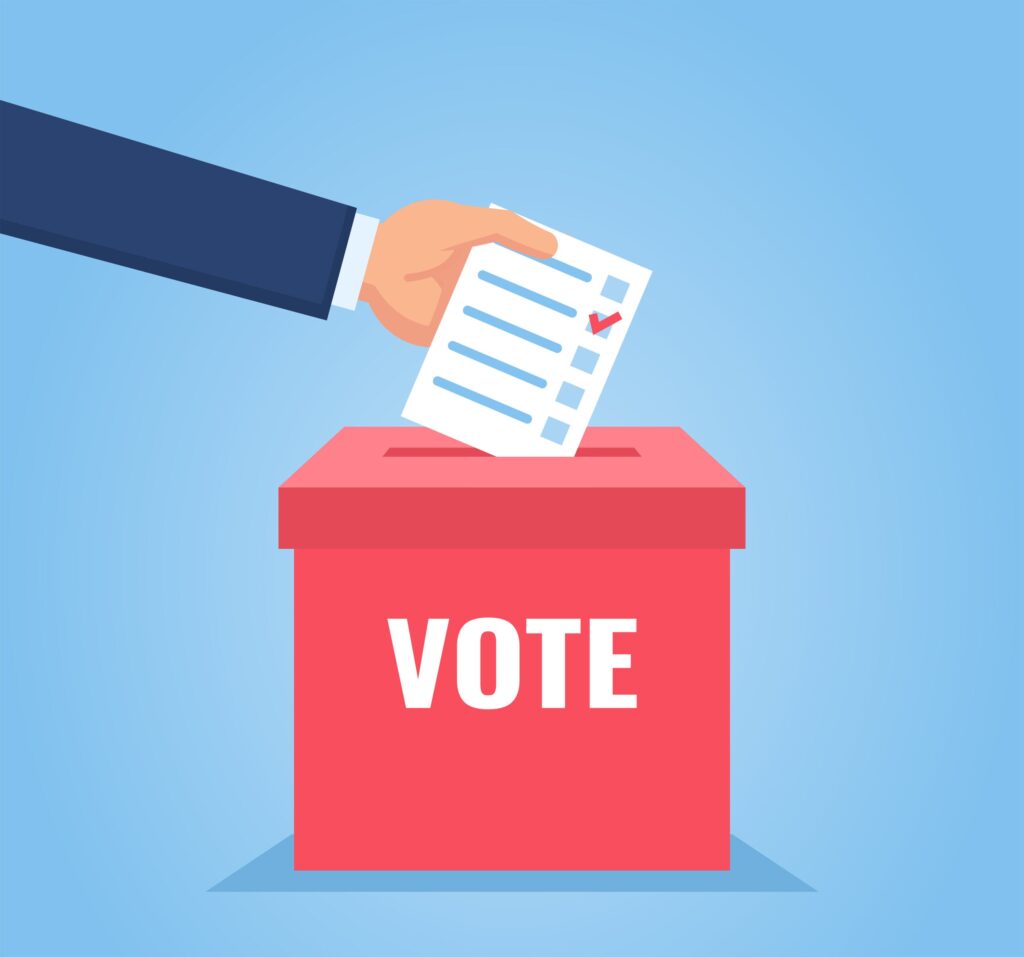Spending on games, contests, and sweepstakes rose 10 percent to $1.65 billion in 2001, according to PROMO estimates.
The year’s biggest news — the indictment of 51 defendants who allegedly embezzled $20 million in McDonald’s gamepieces — prompted enhanced security checks but didn’t dissuade marketers from conducting games of chance. The Sept. 11 terrorist attacks and the year-long recession put some plans on hold, but delayed fourth-quarter spending began seeping back in early 2002.
Recessions favor sweeps because “they are a fixed-cost tactic that reduces [budget] risk, yet still provides promotion excitement and merchandising thematics,” says Bonnie Carlson, ceo of Carlson Draddy Associates, Westport, CT.
Many marketers have shifted game play to the Internet for cheaper administration and more secure execution. (Brands typically use on-pack messages or code-bearing gamecards to drive players online.) Budgets were stretched in 2001 by pooling brands for umbrella games that carried bigger prize pools and warranted hefty display support. Games are refreshing old tactics like mystery shoppers and marketers are fielding more random-draw sweeps and fewer instant-wins.
Sweeps have been simplified for consumers but require more work than ever to execute. “I’m doing a project now that, if I didn’t know it was a sweepstakes, I would swear I was building an airplane,” says Marc Wortsman, executive vp at Manhasset, NY-based Marden-Kane.
That’s because privacy, security, and legal issues have come to the forefront, and will continue to get more complicated this year. Beware the Federal Trade Commission’s crusade for consumer privacy: It will scrutinize how marketers store and use consumer data, including information collected through games.
Media Monopoly
A demand for heightened security came after the McDonald’s/Simon Marketing case broke in August (October 2001 PROMO). Most marketers and agencies looked for holes in their own systems; some stepped up auditing or hired outside security. That was a boon for some agencies.
“Clients aren’t shying away from games, they’re just looking for independent outside sources with experience running them,” says Bruce Hollander, senior vp at Don Jagoda Associates, Melville, NY.
“Security is a state of mind now, and sweepstakes are part of that,” says Patrick McEvilly, president of Promotion Watch, Livonia, MI. “People want extra eyes and ears.”
Experiential prizes have become the norm, tying games back to a brand’s core equity. But the value and number of prizes have stayed fairly consistent. Watch for prize values to rise as brands seek a bigger halo of quality. And expect even more elaborate, one-of-a-kind prizes and more special-event overlays. “Games will get more visible at retail or special events like the Super Bowl,” says Wortsman.
There should also be greater sweeps legislation at the state level. Few states other than Florida and New York have regulated sweeps; while more are expected to join in, experts don’t believe restrictions will be as tight anywhere as they are in Florida.
“The regulatory mood is getting more aggressive,” says Linda Goldstein, partner with Hall Dickler Kent Goldstein & Wood, New York City, who recommends marketers explicitly distinguish between chance and skill elements in all campaign materials. Pure skill contests with several steps must tell players upfront about all the costs, time, and talents involved before consumers pay to play.
Goldstein recommends marketers “be careful how you do all disclosures in coming months” following a spring 2001 FTC workshop. For example, on-pack/online sweeps must clearly state that consumers need Internet access to play.
SNAPSHOT
- Games, contests, and sweeps spending rose 10.0 percent.
- Marketers allocated more funding to security after the McScandal in August.
- Game play has migrated online, where execution is cheaper and more secure.




